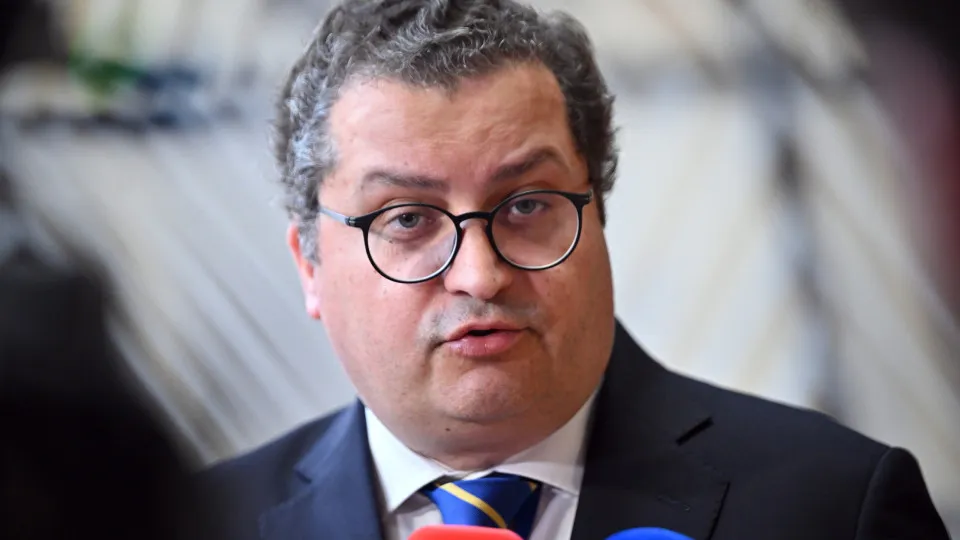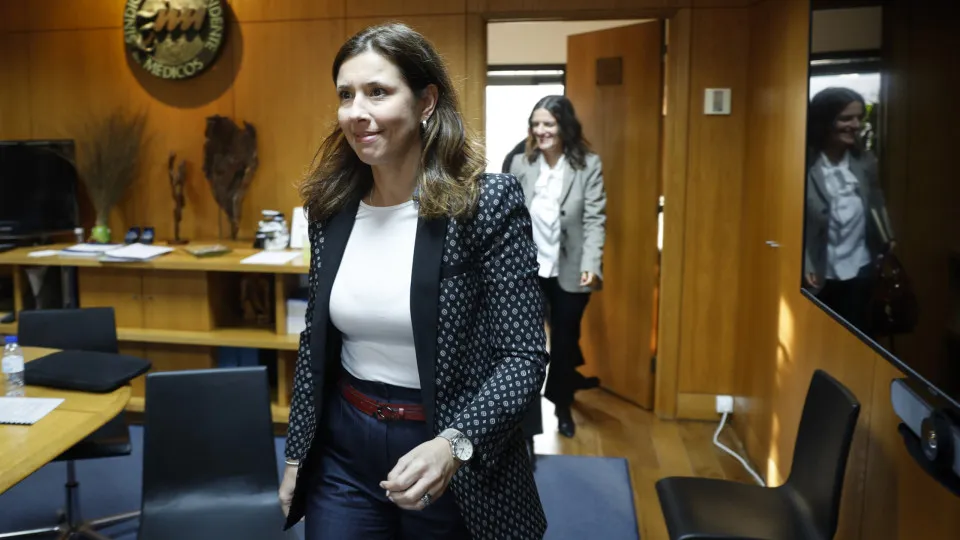
The importance of maintaining fiscal balance, due to its implications for Portugal’s debt trajectory, was highlighted today in Lisbon by Joaquim Miranda Sarmento, on the eve of the vote on the State Budget proposal for 2026 (OE2026).
“The balance of public finances is very important at this stage,” he emphasized, noting that in times of economic growth and a “situation close to full employment,” it is “this balance of public finances that allows us to gradually reduce public debt,” he stated during a speech at the end of a luncheon organized by the Portuguese Hotel Association (AHP) in Lisbon.
The need for budgetary control is evident given that “public debt is still one of the Achilles’ heels of the Portuguese economy,” he insisted, adding that “continuing to reduce public debt is one of the most important aspects for the macroeconomic stability of the country.”
“Fifteen years ago, we went through a significant crisis and a financial bailout, resulting from two imbalances (or twin deficits): on one hand, the external deficit and, on the other, the public deficit. From 2012 onwards, Portugal achieved an external surplus in its public and external accounts – and tourism was one of the essential factors and remains crucial for the balance of our balance of payments,” he stated.
If external debt is close to 40% of GDP after approaching 100% during the sovereign debt period, “public debt remains quite high,” he warned.
“We will finish this year close to 90%, and next year we will be close to 87%, meaning that next year, besides being below the 90% threshold, we will be below the eurozone average,” he predicted.
Describing this as “a very important milestone,” he reaffirmed Portugal’s objective to reach the end of the decade with public debt near 75%.
If so, he noted, “it will be well below the major European ‘players,’ who are all currently and forecasted for 2030, much above 100% of GDP and even close to Germany, whose forecast is for public debt to rise to 70% of GDP.”
In the context of maintaining fiscal control, Miranda Sarmento admitted the possibility of the Government once again granting an extraordinary supplement to pensioners with lower pensions, but did not elaborate on the terms. The government had already admitted this possibility for 2026, conditional on the evolution of public accounts.
Addressing AHP members, Sarmento asserted that tourism has been “a differentiating factor in the economy” and has risen in the value chain, contributing not only to fiscal and contributory revenue but also to economic growth, increased employment, and the well-being of citizens.
When questioned by the audience about the construction of the new airport in Alcochete, Joaquim Miranda Sarmento expressed confidence that “in about 10 years” the country “will have a significant-sized airport at that location.”
In response to criticism from the audience that 24 months to negotiate with Vinci on the terms of the concession is excessive, the minister stated that he did not find the timeframe “too exaggerated,” because constructing an airport in the European Union “is a highly complex process,” given the regulatory requirements in this area.




